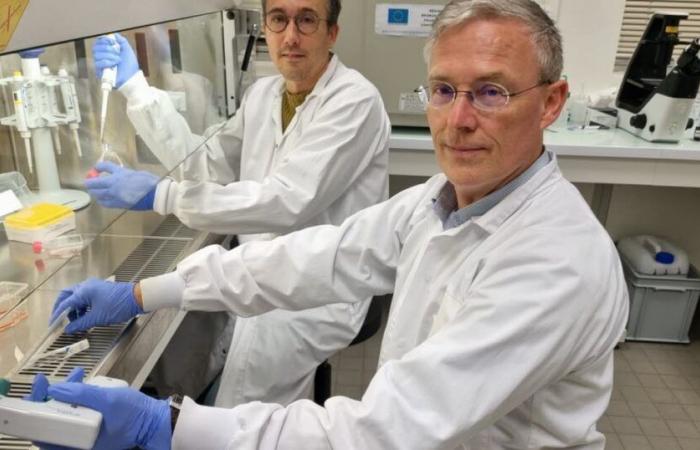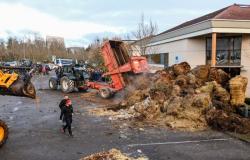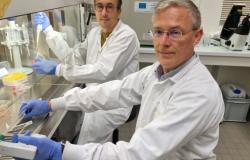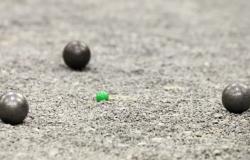Work on targeted therapies
Professor François Giraudon is a recognized expert in myeloproliferative neoplasia (bone marrow diseases with proliferation of red blood cells). He divides his time between his hospital activity, since he is a medical biologist in the hematology laboratory of the Dijon University Hospital and its university counterpart. “I teach hematology at the UFR de santé, there is a research part in this context, I have been collaborating for 15 years with the Inserm 123 unit directed by Carmen Garrido. » It is in this context that he will be rewarded alongside another member of the team, Dr Ronan Quéré.
The pr Giraudon is trying to find new markers that could be targets for both diagnosis and therapy. “We want to understand the mechanisms that contribute to the development and worsening of bone marrow diseases. To what extent certain proteins (CHCP for those in the know, Editor’s note) play a role in the occurrence and development of proliferative diseases such as blood and marrow cancers. How these proteins interact and can become targets for therapies. We try to find the right place to put the medicine. » These targeted therapies represent the future in the fight against cancer. They avoid the adverse effects and toxicity of broad-spectrum chemotherapies.
“In 20 or 30 years, we have made spectacular progress in hematology. Today we can place many pathologies in long-term remission, with a gain in quality of life thanks to targeted therapy. »
A pre-clinical study on acute lymphoblastic leukemia
Dr Ronan Quéré is a researcher at Inserm and also a member of Inserm unit 123 in Dijon. Its specialty is acute lymphoblastic leukemia (ALL). “They represent 30% of pediatric cancers.” In his research, he has already demonstrated that a high-fat diet accelerates the development of ALL by transforming healthy cells into cancer cells (his work was published in Nat Comm).
To find new therapies, it is imperative to be able to work on tumors “except that once extracted, they cannot be preserved. We will therefore transplant the diseased cells into mice to create pre-clinical study models. Once they develop the disease, we can treat them, either with new chemical molecules, or with therapeutic antibodies to target cancer cells, or even test lipid nanoparticles. We then mix different lipids to make an emulsion (biotechnology), injected into the blood of the mice. We will thus target cancer cells to eliminate them. It is from these results that we decide to go (or not) further in a clinical trial. »
“Every three years, I receive funding from the Grand Est Cancer League. This is what allows projects to move forward. Donations such as those from the League, the ARC or the Children’s Cancer Health Foundation represent ¾ of the financing of the experimental part, in particular the operation with the students who participate in the project. This is essential for research to move forward. »
Health






